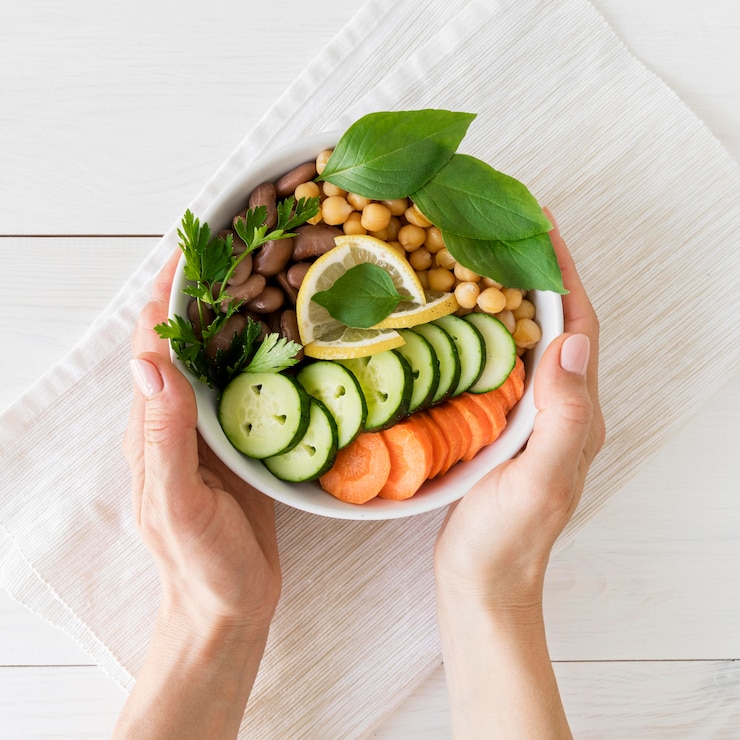
Looking to maintain a healthy diet in a world full of packaged foods? Don’t worry—we’re here to help you make smarter choices for your meals. Sticking to a healthy diet is more important than ever, so let’s dive into some practical tips.
First, when it comes to packaged foods, choose options with a longer shelf life. Canned meat and seafood, for example, can stay fresh for over two years when stored properly. Dried foods like fruits, nuts, or healthy soup mixes are also great options. When planning meals, think of recipes that use these ingredients—like canned tuna and beans—as a way to maintain a nutrient-rich diet.
If you’re heading out, eat something at home first. This simple step will reduce the temptation to grab unhealthy, convenience foods while you’re on the go. Regularly eating out at restaurants or relying on street food can quickly become an unhealthy habit. Sure, grabbing takeout might save time, but it often comes at the cost of your health in the long run. Instead, consider packing some ready-made, healthy snacks or lunch options to support better dietary habits.
Make sure every meal includes a starch-rich food like bread, rice, or cereals. These foods are loaded with carbohydrates, which provide your body with the energy it needs to power through daily activities. Similarly, don’t forget about fiber—it’s an essential part of any healthy diet. While fiber supports physical growth in children, it’s especially important for adults to maintain smooth digestion and healthy bowel movements. Stock up on fiber-rich foods like bananas and almonds to boost your intake.
Fruits and vegetables are non-negotiable staples of a well-rounded diet. Whether fresh, frozen, dried, or canned, they’re a necessary part of good nutrition. Add fruits to your snacks by munching on an apple or including some chopped banana or strawberries with your breakfast. For vegetables, the classic approach is to serve them with lunch or dinner, but you can also get creative—toss some veggies into a sandwich, pasta, or salad to make your meals more vibrant and nutritious.
Never skip breakfast—it’s the foundation of your day. Going too long after waking up without eating can harm your health. Ideally, you should have a filling meal within the first hour of getting up. If that’s not always possible, even something simple like cornflakes with milk will do the trick.
It’s impossible to talk about a healthy diet without mentioning water. Staying hydrated is crucial because water helps your body absorb nutrients effectively. Dehydration can prevent your body from making the most of what you eat, so make sure you’re drinking enough water throughout the day.
For children under one year, a breastfeeding diet is highly recommended as it provides all the essential nutrients they need. After this stage, there are plenty of packaged baby foods available, but always check the nutritional value before choosing one for your child.
Ultimately, eating a healthy diet plays a huge role in the quality of your life. What you put on your plate impacts your health and well-being in significant ways, so make mindful choices about your food. Take care of your diet, and it will take care of you.